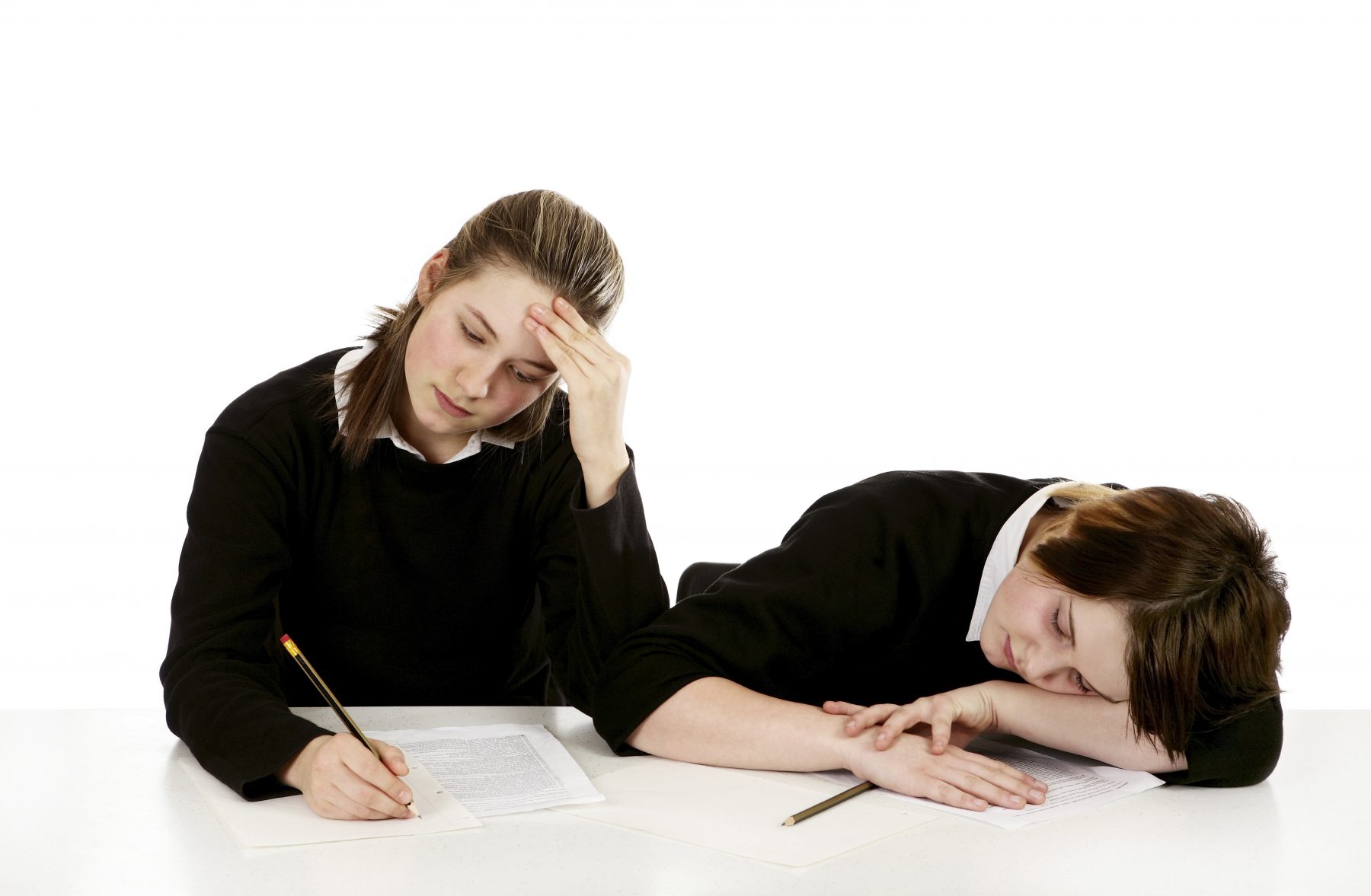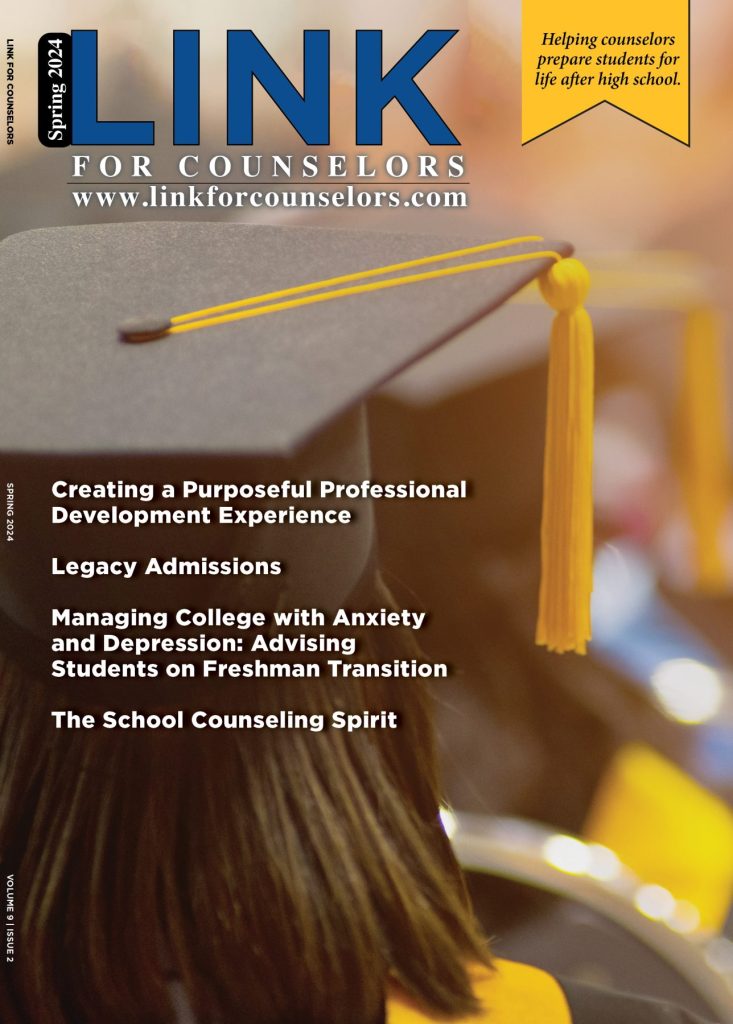Better sleep can impact your students in many positive ways
A well rested student is a happier, more productive student. Lack of sleep can result in many negative consequences which can include lack of focus, irritability, use of drugs etc. Tuck has published several guides that can help students who may be having trouble sleeping.
These include:
Depression and Sleep Disorders –
Troubled sleep, insomnia, and oversleeping are classic symptoms of clinical depression. While not all depressed people have sleep disorders, many do. When evaluating patients for depression, doctors typically ask about sleep patterns as part of the diagnosis.
Problematically, sleep problems worsen mood and can cause depression themselves, creating a vicious cycle.
This guide discusses what is depression, the cyclical relationship between depression and sleep, changes in REM sleep, types of sleep disorders, treatment for depression-related sleep disorders, tips for getting better sleep with depression, and additional resources available
According to Anxiety and Depression Association of America (ADAA), anxiety is a reaction to stress. Its key markers are feelings of tension, worried thoughts, and physical changes such as elevated blood pressure.
Just like physical pain, in and of itself anxiety is not a bad thing: it signals that something is wrong. Temporary anxiety is normal and can count as healthy, because it draws our attention to causes of stress that might need correcting. But anxiety disorders–the excessive and chronic reactions to stress–are mental illnesses. Anxiety disorders are, in other words, worry that sticks way past its usefulness to us; it does not go away and often gets worse with time.
This guide gets at the link between anxiety and sleep and covers several anxiety disorders that interfere with sleep and which can be alleviated with sleep: generalized anxiety disorder (GAD); social anxiety; obsessive-compulsive disorder (OCD); phobias; post-traumatic stress disorder (PTSD); and panic disorder. It offers solutions to the sleep deprived anxiety sufferers, from treatment options, through online forums, tips regarding healthy sleep hygiene and banishing anxious thoughts, to medical associations that can help.
Extreme highs, extreme lows, and the sleep problems that go with it are commonplace for the over 3 million Americans living with bipolar disorder.
Unfortunately, poor quality sleep just makes it harder to cope with the symptoms of bipolar disorder, and in some cases can trigger an episode.
Learning how to sleep better while living with bipolar disorder is key to managing symptoms and reducing their impact on daily life
This guide answers the question of what is Bipolar disorder, discusses how it affects sleep and how to sleep better if you have it, and provides a list of additional resources available to your students that may have this disorder.




